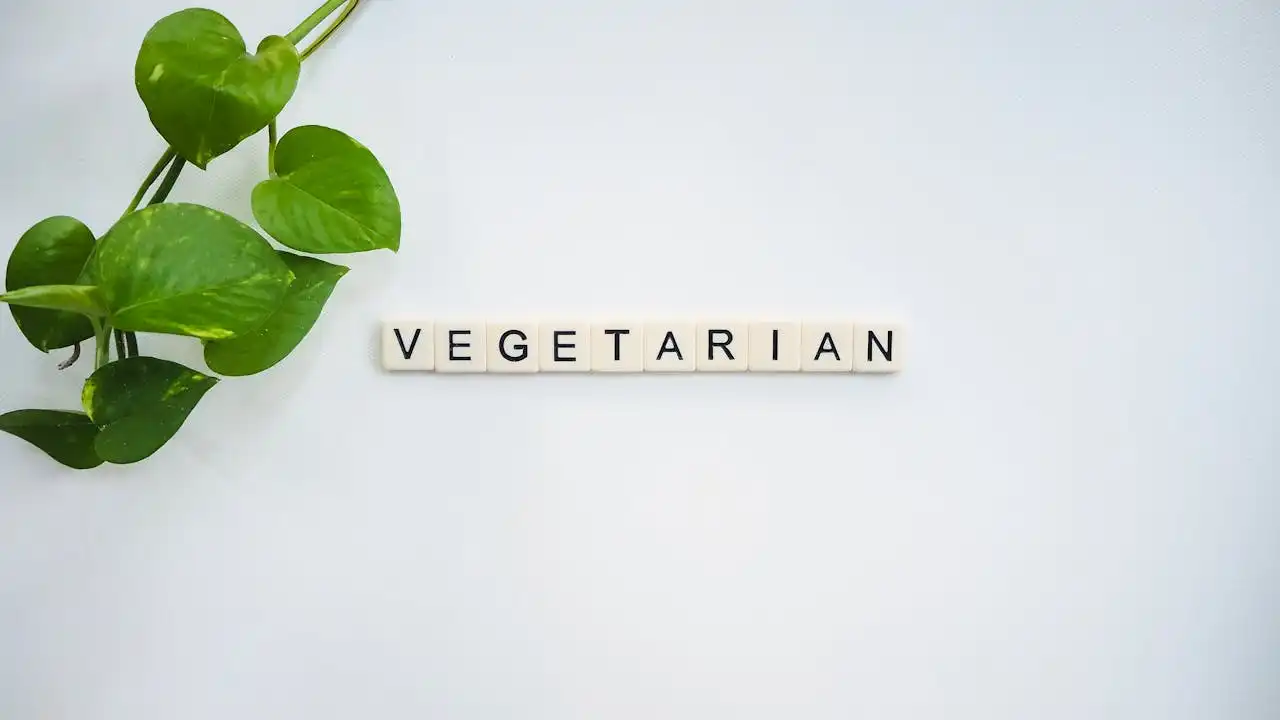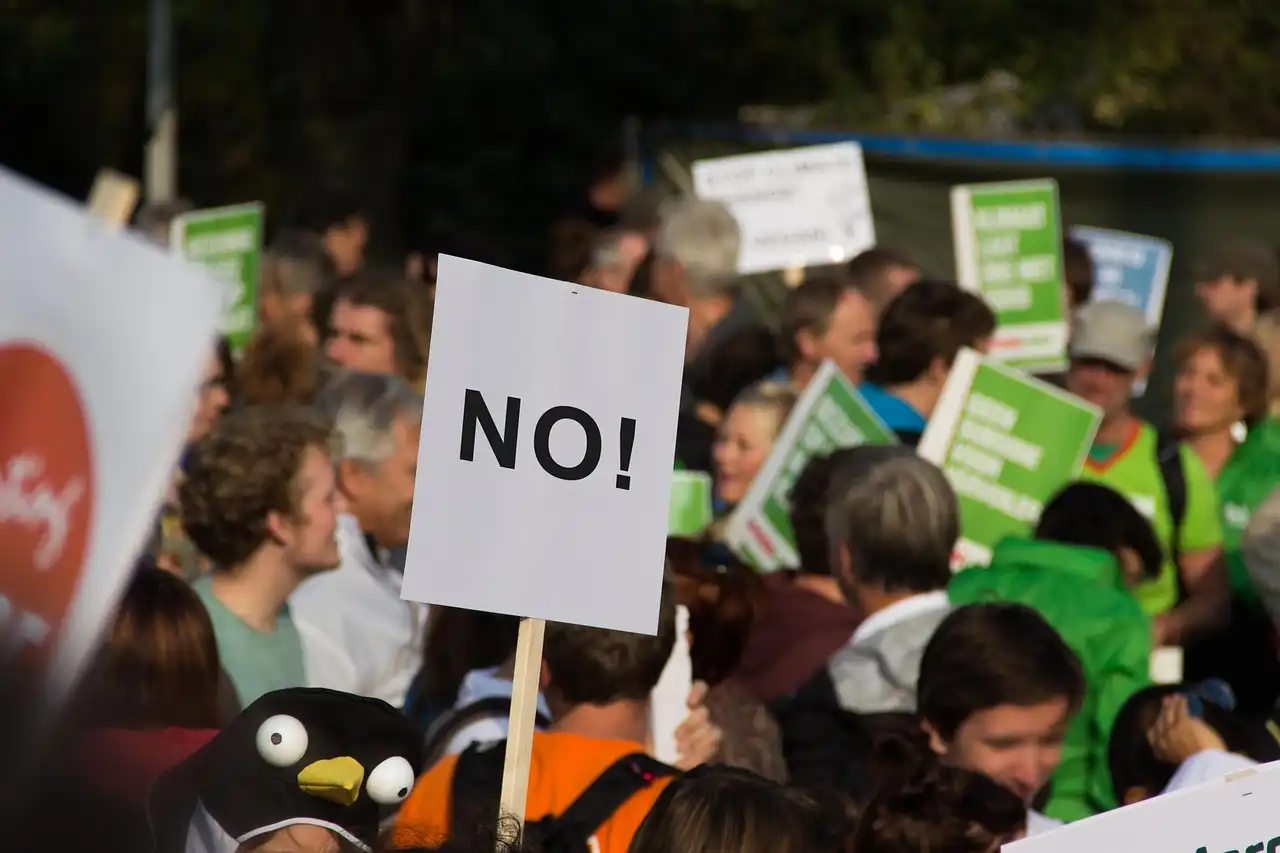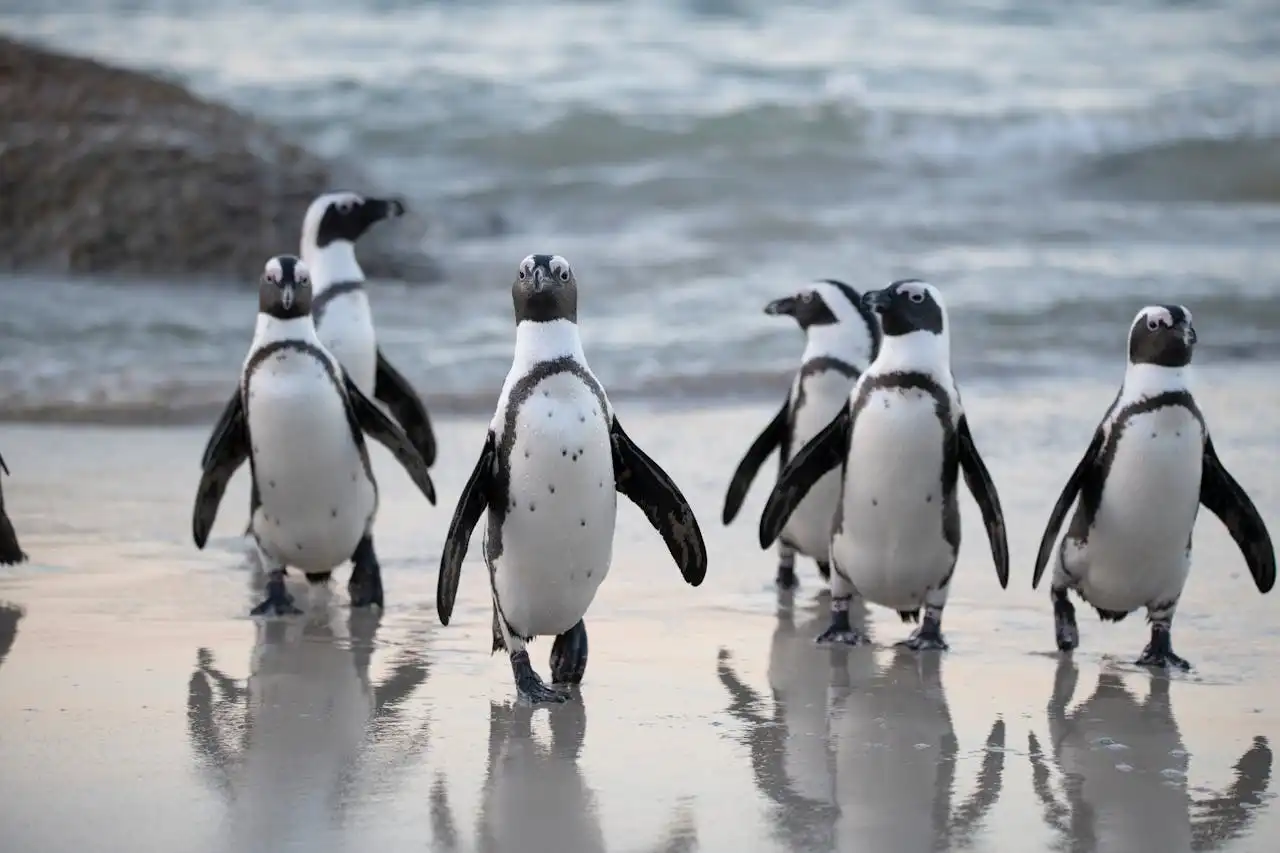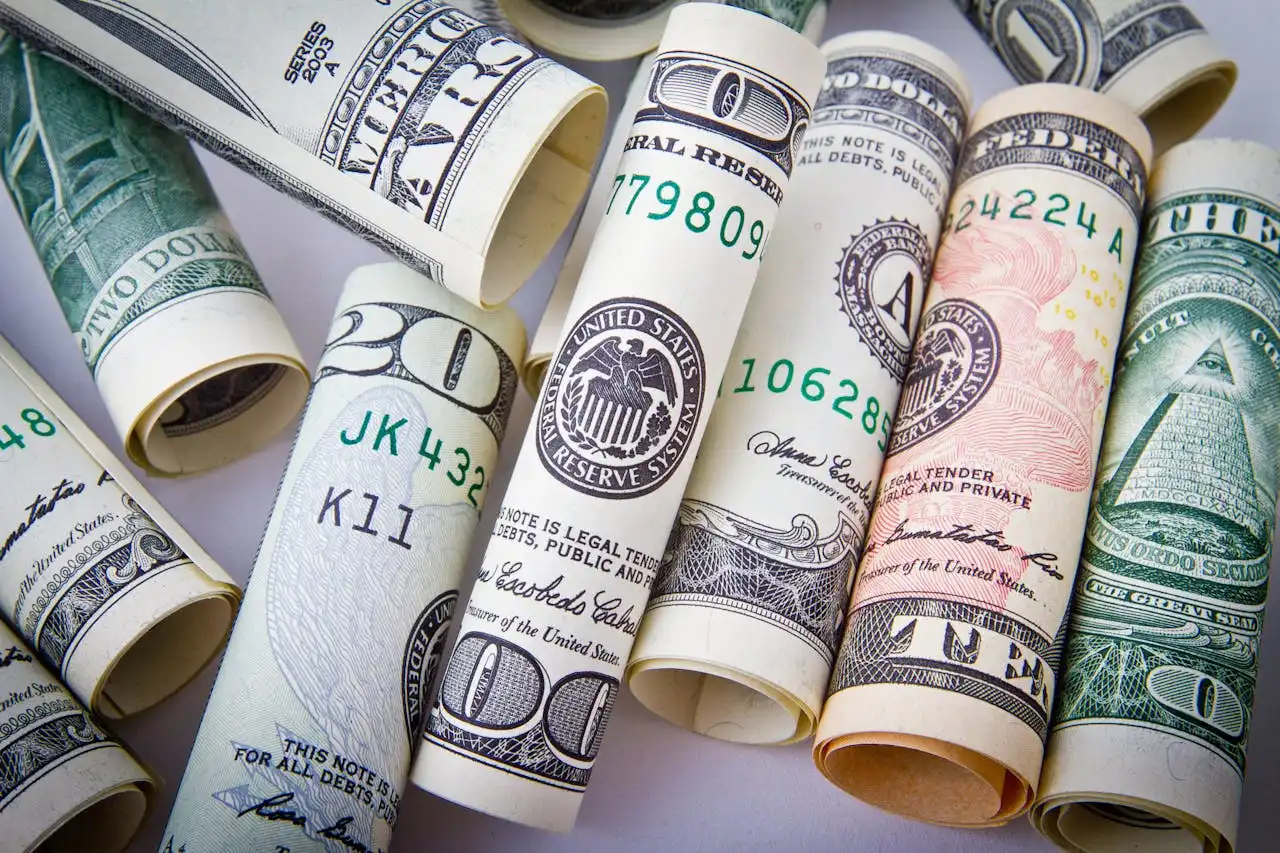More Than Just a Diet: Why Many People Choose Vegetarianism for Ethical and Environmental Reasons
Muhe - Tuesday, 22 July 2025 | 05:30 AM (WIB)


Vegetarianism: From Diet Trend to Deep Lifestyle Shift
For a long time, the word "vegetarian" conjured up images of, well, a diet. Maybe something a little bland, a little extreme, or part of a fleeting health trend. It was often brushed off as a quirky personal choice, perhaps adopted by yoga lovers or those trying to squeeze into last summer’s jeans. But lately, things have started to change. A new conversation is bubbling up around vegetarianism—one that’s not just about calorie counts or tofu recipes. More people are realizing that going meatless is more than a menu tweak; it's a lifestyle rooted in deep, personal values.
What’s sparking this shift? It's not always a fitness goal or a doctor's advice. Instead, it's an awakening—a sense that what we choose to eat says something powerful about who we are and the world we want to live in.
The Heart of the Matter: Animal Welfare and Compassion
Many people's journey into vegetarianism starts with a nagging feeling, a whisper of conscience that asks, “Is this right?” It's not about macros or weight loss but morality. That’s when the ethical compass kicks in—and it usually points straight toward the grim reality of industrial animal farming.
Behind every slab of steak or drumstick is a system that often subjects animals to unimaginable cruelty. Chickens crammed into battery cages, pigs denied sunlight their entire lives, and calves separated from their mothers—these aren’t rare cases. They're standard practice in many large-scale farming operations. And for those who stop to think about it, who acknowledge that animals can feel joy, fear, and pain, the idea of eating them becomes increasingly uncomfortable.
It’s not just about treating animals better; it's about refusing to participate in a system that treats sentient beings as commodities. For these individuals, choosing a plant-based lifestyle is about integrity—aligning their actions with their values. It's a quiet but firm declaration: compassion should extend beyond just our own species.
Ethics Beyond the Barnyard: A Bigger Moral Question
But the conversation doesn’t stop at individual animal suffering. There’s a broader philosophical issue at play—one that questions humanity’s assumed right to dominate and exploit other life forms. Do we, as the so-called most intelligent species, really have the moral authority to cause such widespread suffering?
For many vegetarians, the answer is a hard no. They believe that empathy shouldn’t stop with humans. All living creatures have a right to exist without being subjected to cruelty. Choosing to not eat meat becomes a daily vote for a more compassionate world, one where we expand the boundaries of kindness and rethink our place in the natural order.
Planet on a Plate: The Environmental Case for Going Veg
Even if animal welfare doesn't tug at everyone's heartstrings, there’s another powerful reason people are ditching meat: the environment. Especially among younger generations, the climate crisis isn't just a political talking point—it’s a terrifying reality.
And as it turns out, our diets play a huge role in that crisis.
Animal agriculture is a major contributor to environmental degradation. Vast stretches of rainforest are cleared for grazing land or to grow feed crops like soy. With that comes habitat loss, species extinction, and deforestation on a scale that’s hard to fathom. The water footprint is just as jaw-dropping—it takes over 15,000 liters of water to produce just one kilogram of beef.
Then there's the greenhouse gas issue. Cows, in particular, release significant amounts of methane—a gas that’s around 25 times more potent than carbon dioxide in terms of trapping heat in the atmosphere. Simply put, the meat industry is cooking the planet.
So for many, going vegetarian is one of the most direct, impactful steps they can take to reduce their carbon footprint. It’s not just a lifestyle choice—it’s climate activism you can practice three times a day.
Beyond Food: A Holistic Shift in Conscious Living
What starts as a food choice often begins to ripple into other areas of life. People who adopt a vegetarian lifestyle often find themselves re-evaluating their shopping habits, their beauty routines, even their wardrobe choices. Suddenly, it’s about more than just avoiding meat. It’s about living intentionally.
Cruelty-free cosmetics. Fair-trade fashion. Eco-friendly home goods. These choices reflect a growing awareness of the impact we have on the planet and those we share it with. It’s not about being perfect—it’s about being mindful. And for many, that’s where the real transformation happens. Vegetarianism becomes less about what’s missing from their plates and more about what’s been added to their lives: clarity, connection, and purpose.
The Rise of a Global, Inclusive Plant-Based Community
One of the most inspiring aspects of this movement is that it’s no longer confined to a niche crowd. The vegetarian community today is vibrant, diverse, and expanding globally. No matter your background, culture, or reason for joining, there’s a place at the table.
Social media has played a huge role in this evolution. Online groups, recipe blogs, influencers, and activists are sharing stories, tips, and motivation. This sense of community can be incredibly empowering, especially for those who felt isolated in their choices before. When people find others who share their values, it reinforces their decision and makes the lifestyle more sustainable in the long run.
More Than a Meal: A Statement and a Worldview
So, what’s really behind the vegetarian label? It’s not just a dietary preference. For many, it’s a daily act of resistance—a refusal to contribute to cruelty, waste, and environmental destruction. It’s a conscious, consistent effort to live with more empathy, and to stand up for those who don’t have a voice—whether they walk on two legs or four.
Being vegetarian isn’t about being perfect or holier-than-thou. It’s about doing something, however small, to make the world a little kinder, a little cleaner, a little more sustainable.
The next time you meet someone who says they’re vegetarian, maybe skip the “where do you get your protein?” question. Instead, ask them about why. Chances are, their answer will give you something pretty powerful to chew on.

Your Weekend Won't Recharge Itself: A Guide to Crushing the Energy Reset
6 months ago

The Hidden Horrors of Tear Gas: More Than Just a Fleeting Sting
6 months ago

1312: The Meaning, Origin, and Social Context of the Notorious Number
6 months ago

The Digital Tightrope: How Social Media Puts a "Double Burden" on Today's Teens
6 months ago

Say Goodbye to Awkward Texts: WhatsApp Unveils Your New AI Writing Coach
6 months ago

The Secret Weapon of Penguins: Why Their Poop is More Impressive Than You Think
6 months ago

NVIDIA Crushes New Record, Yet Market Concerns Still Exist Over "AI Bubble"
6 months ago

Your Cosmic DNA? Unpacking How Zodiac Signs Shape Who We Are
6 months ago

The Siren Song of Easy Money: Why We Can't Resist
6 months ago

Unplug and Recharge: Your Guide to Escaping the Gadget Grip
6 months ago
